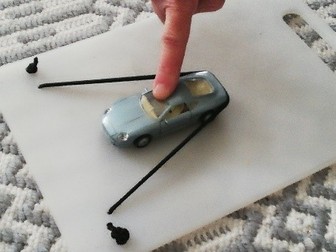Pictorial Cooking Recipes
I have developed a range of simple pictorial recipes for pupils with learning difficulties to use in their cooking. Each recipe has large colour images of the main ingredients and of each stage during preparation and cooking. I have also included a scheme of work with some BLP targets.
These pictorial recipes are suitable for KS1 and KS2 pupils to use. I would really value your feedback so I can improve and adapt these recipes further. I am continually adding new pictorial recipes and improving old ones so keep a look out.
